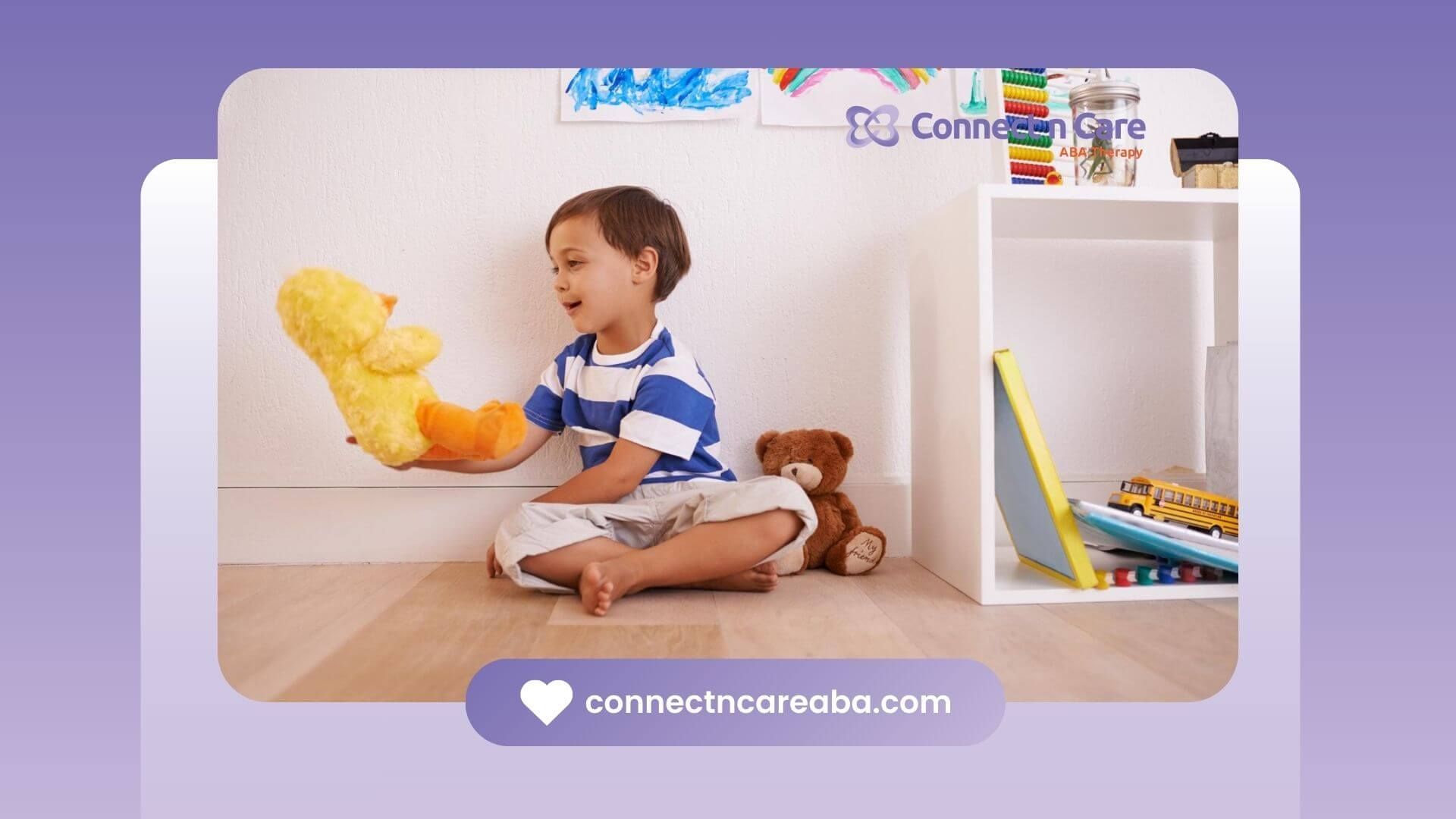Yes, a child can show signs that look like autism but not actually be autistic. Many behaviors associated with autism — like avoiding eye contact, delayed speech, or repetitive actions — can also be part of typical development or linked to other issues like sensory sensitivities, anxiety, hearing loss, or even a speech delay.
Why Do Some Children Show Autism-Like Behaviors?
There are a few reasons why a child might seem autistic without a diagnosis:
- Developmental Delays: Some kids hit milestones later, but catch up just fine.
- Sensory Processing Issues: Children who are sensitive to noise or touch may react in ways that seem “autistic” but aren’t.
- Stress or Anxiety: Big changes or overwhelming environments can cause withdrawn or repetitive behaviors.
- Medical or Neurological Conditions: Conditions like ADHD or hearing impairments can mimic certain traits of autism.
When to Seek Support
If you notice ongoing challenges with communication, social interaction, or behaviors that seem unusual for your child’s age, it’s worth reaching out to a developmental specialist. Early guidance can make a world of difference — whether it leads to an autism diagnosis or not.
Autism Support in North Carolina
If you’re in North Carolina and have questions about your child’s development, Connect N Care ABA offers expert support. Whether your child has autism or is just showing signs, our caring team is here to help you find answers and the right support — no pressure, just partnership.









